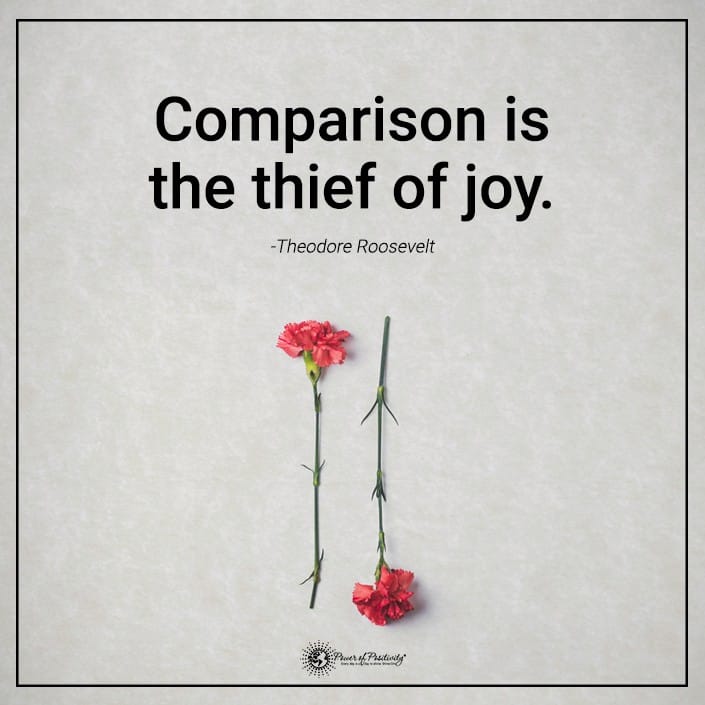There are 24 hours in a day, and there are 168 hours in a week. Yet, it seems like there is never enough time to get all the things done that you need to accomplish. Are you wasting time and energy on meaningless things?
Perhaps, some of the most significant reasons why you’re always running around in a stressed-out mess is because you don’t know how to manage your time efficiently. What if you could prioritize your life and cut out some of the things taking too much of your time.
You should know that some things are worth all the time and effort you can give them, like your family. You can never go wrong with spending time nurturing your children or a spouse. However, time-wasters have difficulty balancing even family time because their minds and schedules have them going in 100 different directions.
Ten Bad Habits That Show You’re Wasting Time
Before you can correct your ways, you must identify the bad habits you’ve developed over time. By making a few adjustments to your methods, you can fix what’s wrong. Who doesn’t want to feel less stressed out? Here are some ways to notice if you have an issue with wasting time.
1. You Spend Too Much Time on Social Media
The biggest time-waster of all is social media. According to Statista, there is expected to be more than 3.4 billion users of this type of media by 2023. With platforms such as Facebook, LinkedIn, Twitter, Instagram, TikTok, Pinterest, YouTube, Snapchat, and tons of others, it’s easy to see how you can spend a massive amount of time scrolling these sites.
Did you know that many people depend on sites like Facebook’s newsfeed for their news and current world events? Who reads the newspaper anymore as you can get all the information you need when you want it? Now, here’s where the real aspects of time-wasting come into play.
According to Social Media Today, the average person spends about 116 minutes, or two hours, online each day. It doesn’t sound like much. However, if it’s broken down over a lifetime, it equates to five years on social media. Wow, do you really want to give five years of your life away to stay “in the know?”
2. You Text Constantly
How many text messages do you receive in a day? While some are important and necessary for your work or family life, how many of these messages are just useless chatter? According to Simple Texting, Americans send more than 26 billion text messages each day.
When you break that down into persons, it averages 15 a day for people 55 and older. More than 70 percent of cell phone users find that texting is the number one reason they have a phone. Phone calls have declined immensely because texting is king.
Your age does play a significant factor in all this as the average 18–24-year-old will send more than 100 texts each day. How many of your messages are useless and are wasting time?
3. Striving to Be A Perfectionist
Perfectionism is another big-time waster in life. People who want everything to be perfect will often start and redo a task many times to get it exactly right. Have you ever sat down to work on a paper and tore it up or started over from the beginning?
You must realize that life is never going to be perfect. You’re human and subject to error. If your need to be perfect inhibits your life, you may have an anxiety-based condition called obsessive-compulsive disorder. According to the National Health Institute, OCD is characterized as thoughts or behaviors that are compulsive in nature.
The need to be perfect in everything you do can be driving you to spend more time on projects than necessary. Thankfully, anxiety-based disorders are easy to treat, so you can get counseling to improve this time-wasting issue.
4. Video Gaming
It would help if you had some downtime, and it’s okay to play video games. However, did you know that the average adult spends up to six hours each day video gaming? According to a study referenced by Tech Crunch, video gaming isn’t for kids alone.
Set some healthy time limits on how much you can play each day. If you need to set the alarm or a timer on your system, then it may be a way to help you combat your time-wasting issues.
5. Watching Television
With the introduction of services by so many different streaming companies, it’s easy to find tons of things to watch. Gone are the days when you had to channel surf and hope to see something worth viewing.
Watching television can become a significant addiction if you allow it to. Additionally, since you can watch TV on a tablet, cell phone, computer, and other devices, it becomes even more effortless than sitting down in your living room to view your favorite shows.
If you’re wasting time on TV, then maybe you need to reevaluate your streaming.
6. Unnecessary Meetings
Have you ever felt like your employer is having meetings about having meetings? It’s okay to have a group session to catch up on things, but there comes the point in time where it’s just redundant. You can keep people in the loop by using social media, email, and text messaging.
Using these methods allows them to view the information when they have time and not when they’re in the middle of something important. Plus, pulling employees away from their work to have a meeting is counterproductive, unless it’s a severe issue.
7. Procrastination
Why put off things tomorrow that you could accomplish today? One big issue that can cause time-wasting is procrastination. While it seems like it may give you a few more hours in your day, it all comes crashing down when several projects are due at once.
When you postpone the more challenging tasks to another day, you’re making trouble for yourself in the future. It’s best to tackle the most complicated things first to make your tomorrow crazier than today.
8. Checking Your Emails Too Frequently
As if you’re not on social media and texting all day long, many add checking their emails too frequently to the list. Your email isn’t going to go anywhere. You don’t need to check them every five minutes.
Did you know that the average person checks their email’s inbox between 6-20 times each day per a poll conducted by Michael the Maven? It’s best to limit that to between 3-5 times each day, or even less if you can do it.
Always check your email first thing in the morning so that you can clear out your inbox. You should then check it around lunchtime, and finally, it should be the last thing you check before you go home that day. The chances are that nothing earth-shattering has come in during those in-between times that you need to see.
9. Doomsday Scrolling
Do you have your cell phone set to alert you to current news and events? Do you feel compelled to check what’s going on in the world always? Doomsday scrolling (or doomscrolling) is a new term coined because of all the happenings in the world.
Working-class people aren’t as apt to watch the news or read the newspaper as other generations, but they have a compulsion to find out what’s going on. Continually checking the news reports will only get you all worked up, especially since there is hardly anything good on any news these days. You’re not only wasting time, but you’re also increasing your anxiety each time you scroll.
10. Smoking or Snack Breaks
An eight-hour day at the office allows for a lunch break and probably two-fifteen-minute breaks. However, many people want to go to the bathroom several times, get snacks, and take smoke breaks. Add up how many times you leave your job station to smoke or eat a snack, and the time you waste may be shocking.
Unless you have health issues or are sick that day, you don’t need any more than those three breaks each day. You may need to switch the intensity of the work you do to keep your stamina, like challenging tasks in the morning. However, there is no reason to keep getting up and taking small breaks in between your breaks.
Final Thoughts on Wasting Time
Everyone has a few things in their day that cause them to be guilty of wasting time, but it’s the excess that is the concern. What can you do to make your day and life more productive? Do you see any habits that should be changed to make you more efficient?
Taking inventory and tracking your habits can be eye-opening. When you get your wasteful practices under control, you will have more hours to accomplish important things.


















